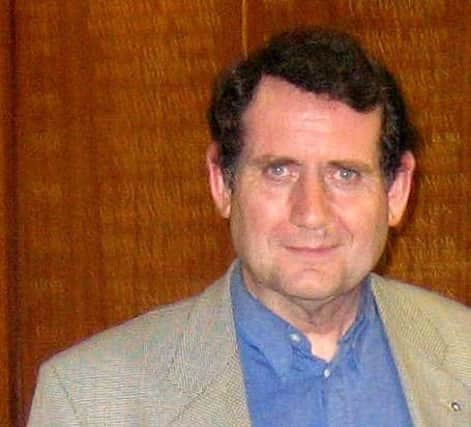Text of the week


There is much we humans share with animals.
We share a huge amount of DNA. We breathe the same air, eat similar foods, and continue the species by procreation.
The Bible, however, never says about animals what it says about humanity, that we are made in God’s image and likeness. Human dignity does not stem from incredibly complex DNA, but from our God-like rational, moral, social and spiritual faculties and finally our ultimate accountability to God.
Advertisement
Hide AdAdvertisement
Hide AdWe are not surprised then when the Bible tells us we are not to be “like a horse or a mule, without understanding, which must be curbed with bit and bridle” (Psalm 32).
We are more humbled when we are told to take a lesson from four wee beasties – ants, rock badgers, locusts and lizards - because they are “wise” and industrious (Proverbs 30).
Even more humbling is to be told that sometimes the animals know better than us.
This week’s verse tells us that the ox and the donkey know their master, but God’s people do not know him.
Advertisement
Hide AdAdvertisement
Hide AdSome people think they have “moved on” when they have left God behind.
Augustine said many years ago: “You have made us for yourself and our hearts are restless, until they can find rest in you.” Who is right? What settles our restlessness?
Material comforts unimaginable one generation ago? Greater scientific knowledge about our wonderful universe? Surely our restlessness is settled in knowing the God who made us.
After all, he has himself given to everyone life and breath and everything else we have, and invites us to “reach out for him and find him”? (Acts 17)
Iain Gibb,
Olivet Evangelical Church, Falkirk